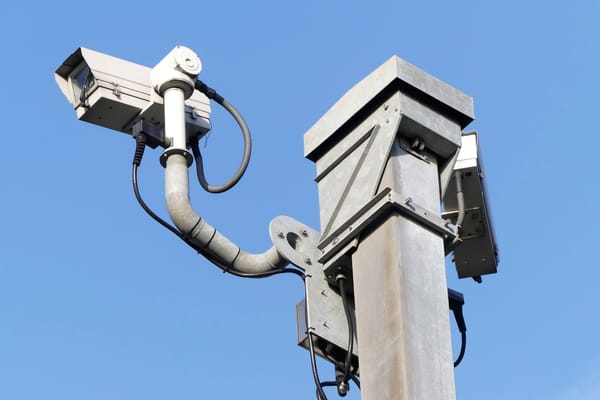Vote early, vote often
But don't forget your photo ID
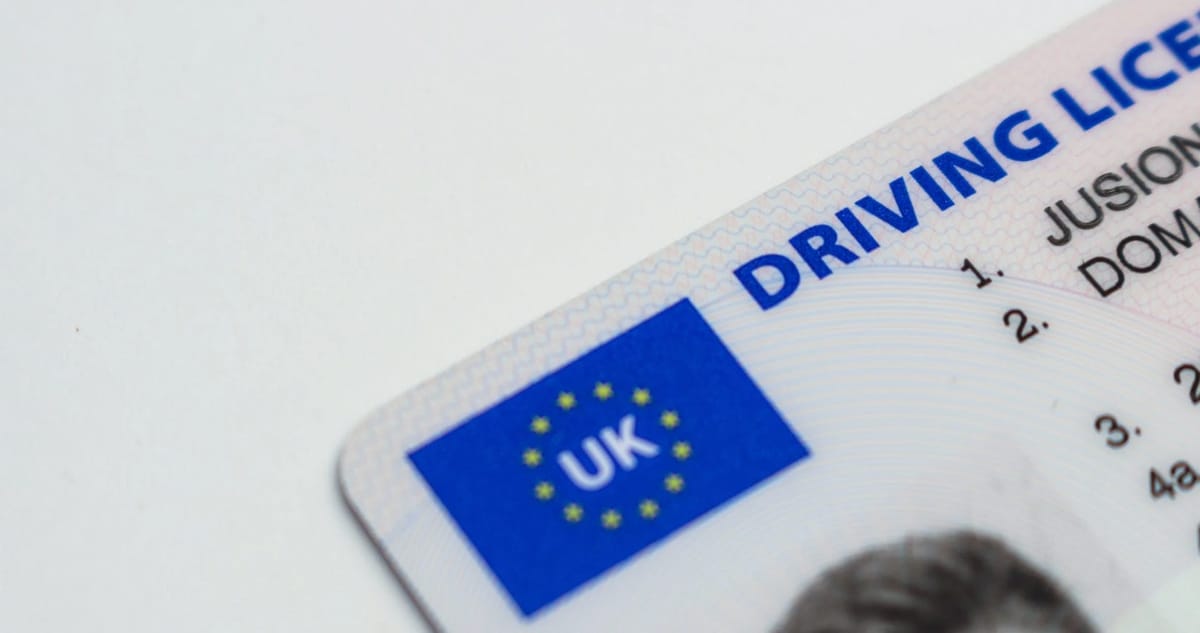
Back in 2018, in a previous life, we discussed the issue of voter fraud, how serious it is, and whether we need voter ID to stop it. You can check that piece out here.
In short, aspirational Medway Council leader Cllr Vince Maple said at the time that voters risk disenfranchisement with the onset of voter ID, which seemed disproportionate given there were no incidents of voter fraud identified in Medway.
A risk of disenfranchisement certainly sounds bad.
disenfranchisement
noun
the state of being deprived of a right or privilege, especially the right to vote.
"the widespread disenfranchisement of minority voters"
The definition sounds quite bad, and with no reports of voter fraud in Medway, we presumably have nothing to worry about. Join us next week when we discuss further self-evident issues that shouldn’t be considered, like fracking…
But first a quick word from the actual leader of MedwayCouncil Cllr Alan Jarrett:
“If you don’t have photo ID, you can apply for a free voter ID document, known as a Voter Authority Certificate (VAC). You can apply online for a VAC and the deadline to apply is Tuesday, 25 April. Only apply if you don’t have one of the forms of accepted photo ID. Residents are encouraged to apply early to make sure they can vote in the local elections on Thursday, 4 May. Residents can also apply for a postal vote.”
Oh, so suddenly we do need voter ID. The situation must be serious.
Cllr @vincemaple asks about compulsory voter ID ahead of the local elections. Cllr Hackwell says there has been 1 allegation in Medway. Seems worth it then. #MedwayCouncil
— The Political Medway (@MedwayPolitics) 8:37 PM ∙ Jan 19, 2023
Okay. Well, we’re sure that the situation will be well managed at least.
Question from Cllr @naushabah_khan on how staffing will work with new voter ID checks. Cllr Hackwell says a female staff member will be available "where possible", and that it is not mandatory. Hmmm. #MedwayCouncil
— The Political Medway (@MedwayPolitics) 8:53 PM ∙ Jan 19, 2023
So how did we get here? This is all due to the Elections Act 2022, which will require voters to present photo ID when voting in person at a polling station.

The legislation was introduced by Kemi Bademoch, then the Minister of State for Levelling Up, Housing and Communities. This is part of the government’s aim to provide greater protection against election fraud, even if it comes at a time when there have been calls to simplify electoral laws.
It has long been the tradition to develop electoral laws on the basis of consensus through a neutral speaker in parliament, who would preside over a committee following a request from the prime minister of the day. Key parts of the act were opposed by the human rights and constitutional committees in parliament, the Electoral Commission, democracy groups, devolved governments and academics. They were also opposed by the Labour opposition and the House of Lords.
There have been zero convictions of election fraud Medway. So it must be bad elsewhere in the UK. Maybe in the red or blue walls?
No, there have been just two convictions for voter impersonation in the UK in the past four years.
Activists have warned the requirement will prevent homeless people, families living in poverty, and people from ethnic minority backgrounds from casting a vote for the people they want to represent their interests. The new rules will make it harder for young people to vote, firstly by requiring ID in the first place, and secondly by permitting travel documents for older people while not accepting younger people’s equivalents.
The bill sets out a list of identification documents that will be accepted as valid forms of ID, including passports and driving licences. Yet while some forms of travel passes for older people will be permitted, young people’s railcards, including the 16-25 and the 26-30 railcards, are not on the list. An amendment to the Elections Bill in the House of Lords tried to get national railcards, student ID cards and 18+ student Oyster cards added to the list of valid documents. This was rejected by the government.
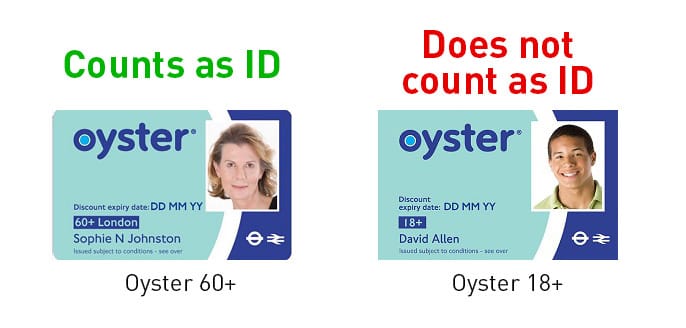
The concept of voter ID will be familiar to voters in Northern Ireland, where it has long been in place. The primary forms of identification requested in polling stations will be a passport or driving licence. Scottish and Welsh local and parliamentary elections will be unaffected.
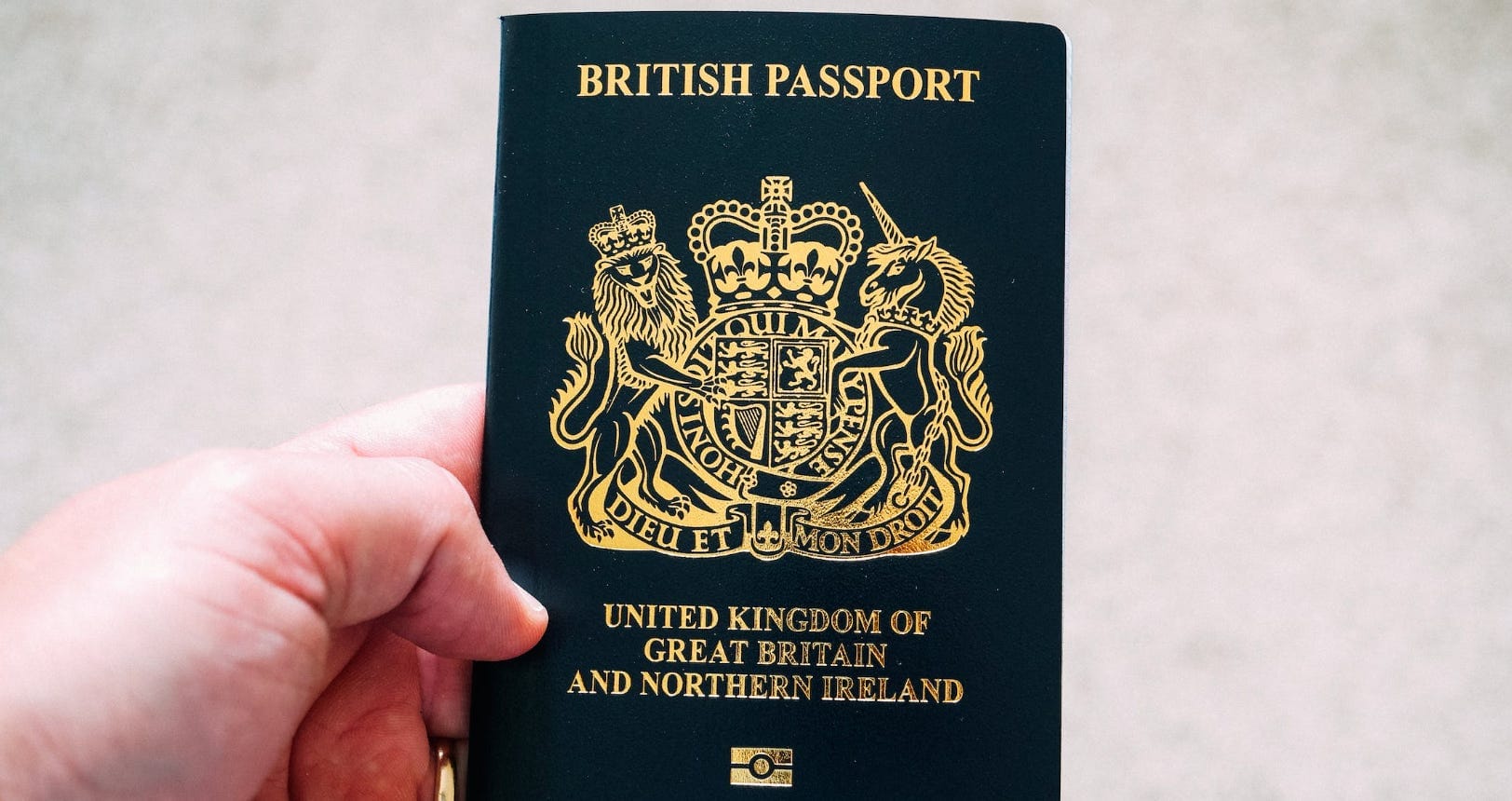
Many countries have compulsory voter ID requirements – but they also tend to have compulsory national identity cards. Strict voter ID is problematic in the UK because even the government’s own research suggests that 9% of the public does not have up-to-date and recognisable photographic ID. A substantial proportion (42%) of respondents with no photo ID said that they were unlikely or very unlikely to apply.
Pilots of voter ID at local elections in 2018 and 2019 also found that many citizens were unable to vote because they either lacked the necessary identification – or refused to provide it out of principle.
Levelling Up minister Lee Rowley MP today defends the new voter ID plans and says it might not matter if some people don't have valid ID before the local elections because they plan to never vote
— Serena Barker-Singh (@serenabarksing) 4:12 PM ∙ Feb 21, 2023
Those without a form of ID will be able to apply for a free ID card from their local authority, as Cllr Jarrett mentioned before. However, this is more red tape to navigate and research shows that the more onerous the process, the less likely it is that people will vote.
We got in touch with Medway to ask some questions.
Local Authority: With new voter ID legislation in place, how much money has been allocated for providing new voter IDs (Voter Authority Certificates) for people who don't have suitable photo ID?
Medway Council: We (Medway Council) are using government funding which has been made available following the Elections Act 2022. The funding will be used on a number of new legislative requirements, including voter ID. Medway’s allocation for the 22/23 financial year is £42,818 and £63,398 for the next financial year. It is too early to say how this money will be precisely spent on voter ID.
The New Statesman reported that Election administrators have been working with police to prepare for any tensions in the May elections. Has there been any communication between Medway Council and Kent Police with regard to the upcoming elections? What support will be in place should any issues occur at polling stations during the local elections?
As with any election being conducted in Medway, the Returning Officer is liaising with the police who are developing a plan for appropriate support before and on polling day.
Will the plan for appropriate support due to tensions caused by the Elections Act 2022 requirement for voter ID, be made available or is it a secret?
As this is a police plan, you would need to speak to them for additional information.
(We did Kent Police for comment, but they did not respond.)
Has any impact assessment been done as to how new Voter Legislation will affect turnout at the local elections?
The introduction of voter ID and the new ward boundaries makes it incredibly difficult to predict turnout.
Will any record be kept as to how many voters are turned away due to not having suitable ID for the local elections?
By law, polling station staff must keep a record of the voters who are unable to vote due to not being able to provide a photo ID which meets the criteria set out by the government. These records will be shared with the government.
Will the record of voters unable to vote due to not being able to provide photo ID be shared with anyone other than the government? For example, when the returning office announces the voter turnout for example during the count?
These numbers will not be shared during the count, and as per current government guidance, they will only be shared with the government.
Well, that’s all very reassuring.
As such, There will be no information on the night of how suppressed the vote was by voter ID. For which there has been no local impact assessment. Which feels sub-optimal, democratically.
What reason could there be for forcing this legislation through parliament? A cynic could point out that there was a clear age split in party allegiance in the 2019 elections, with 67% of votes for the Conservatives coming from people aged 70+, and Labour votes coming from significantly lower age groups. The Resolution Foundation also highlights that low-income potential voters are six times less likely to have a photo ID than their wealthier counterparts.
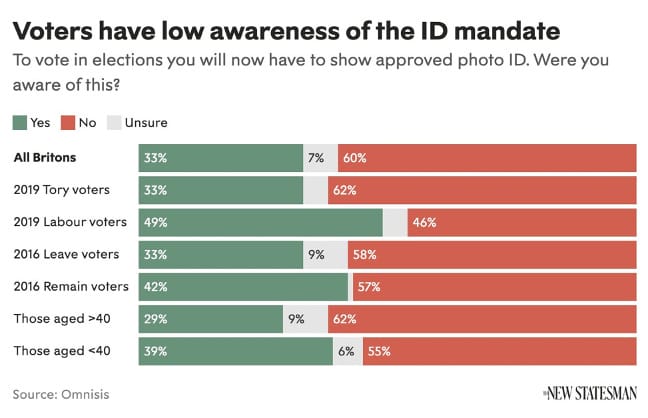
A reasonable prediction is that 1.1 million people will not cast a vote in future parliamentary elections as a result of this reform unless there is major outreach work. Indeed, just 10,000 voters had applied for a Voter Authority Certificate a month ago.
There was scant evidence of election fraud to justify this legislation, and we need more voters, not fewer. A search of They Work For You found no comment by any of Medway’s elected representatives in parliament on either voter ID or the Elections Act 2022.
Democracy is not just about elections. It is about listening and engaging with people. And that is the most undemocratic part of the new Elections Act.
The deadline to apply for voter ID ahead of the local elections is Tuesday 25 April 2023.
You do not need a Voter Authority Certificate if you vote by post.
If you have appointed a proxy to vote on your behalf, they will need to show their accepted photo ID or certificate at the polling station before they vote on your behalf.
Footnotes
(Insert obligatory reminder to register for a Voter Authority Certificate if you don’t currently have any acceptable forms here)
Steven has a new email address. If you want to suggest ideas or send tips for articles, email thepoliticalmedway@localauthority.news where we will protect our sources and welcome whistleblowers.
Spaces are filling up fast for our debate ahead of the local elections. Don’t forget to book your free ticket and submit a question for our potential future leaders.
Steven Keevil is fine. He is currently recuperating from having read 50 books and watch over 100 films so far this year. He co-founded The Political Medway and still manages to watch hundreds of films a year. He highly recommends Marcel The Shell With Shoes On.
Steven listened to no music whilst writing this, but recommends Poison for Breakfast by Lemony Snicket.

